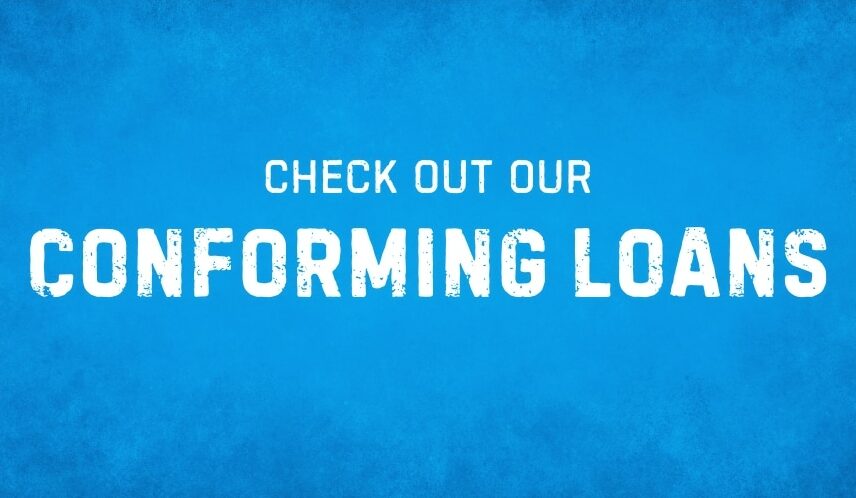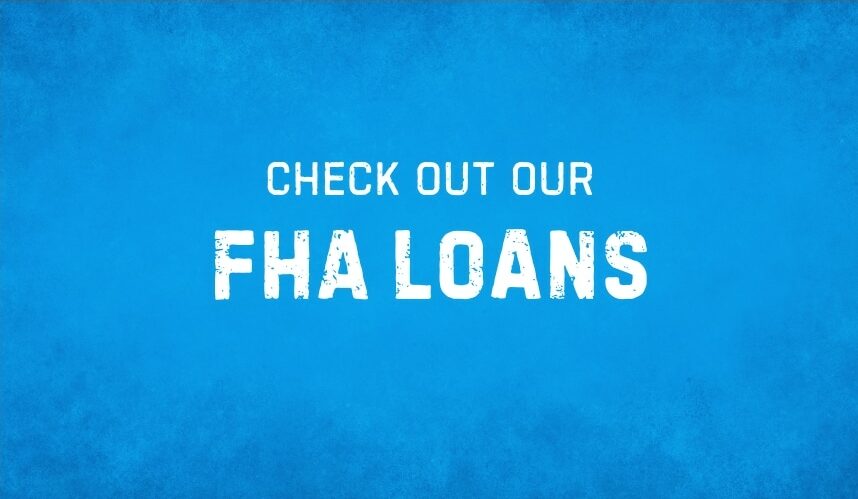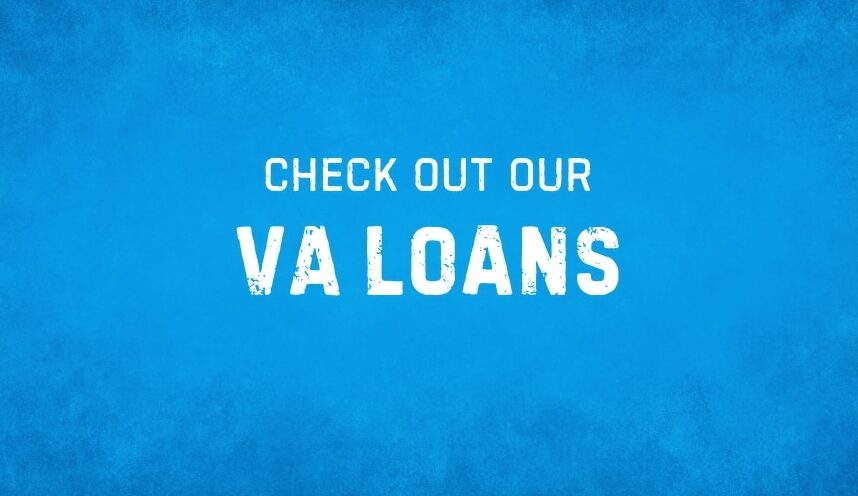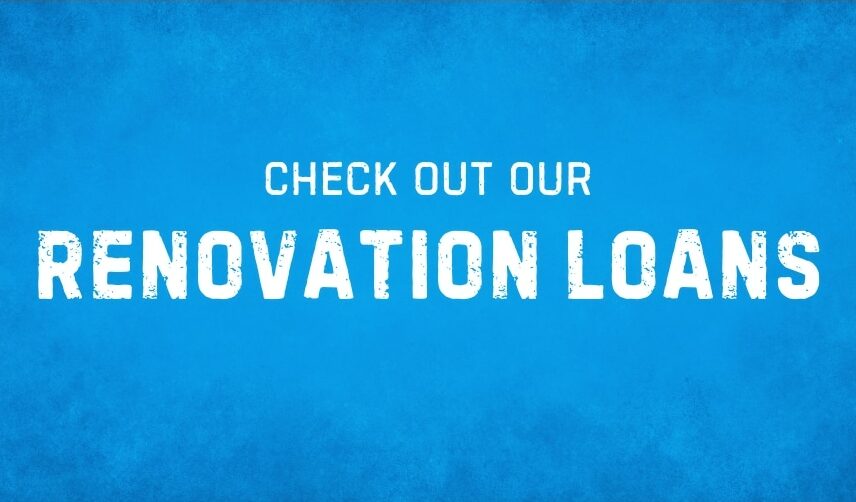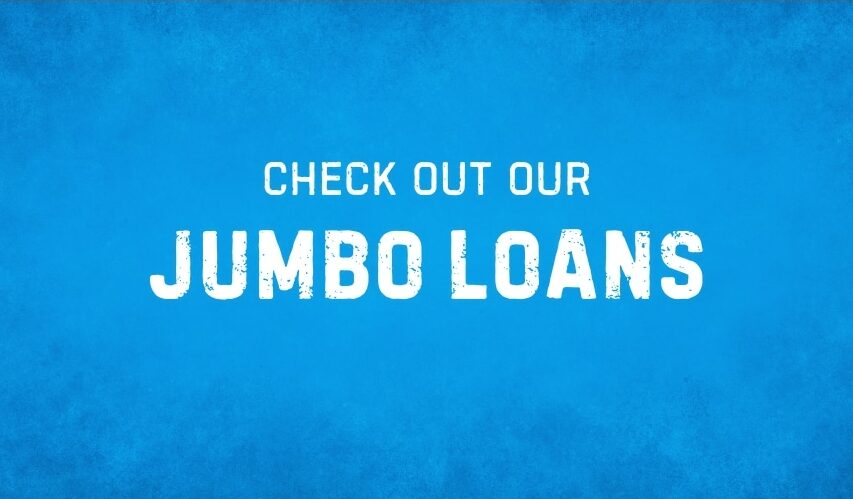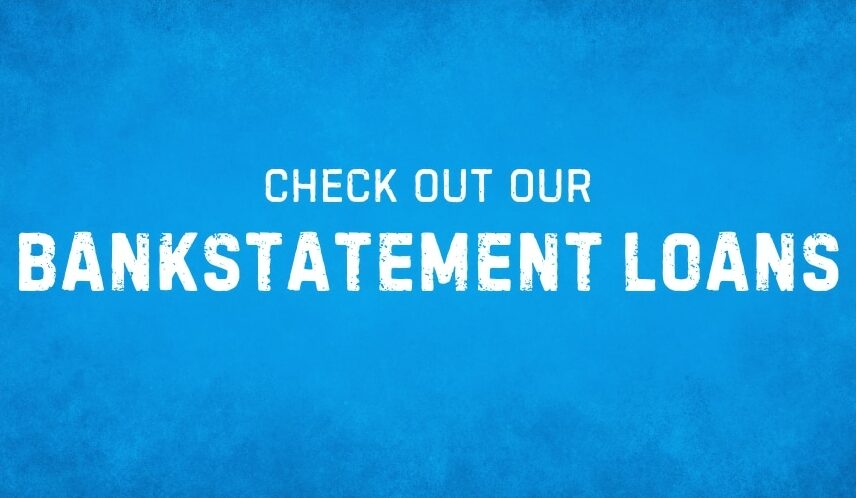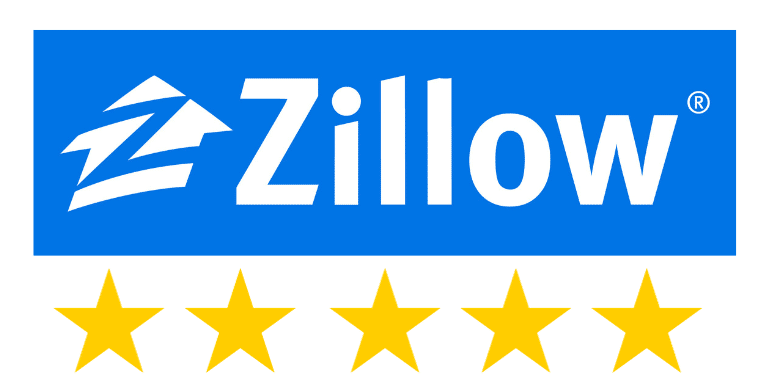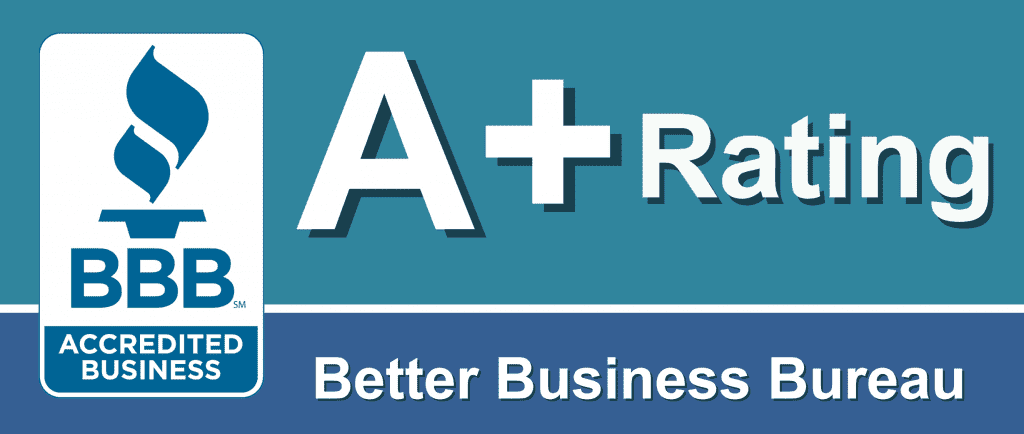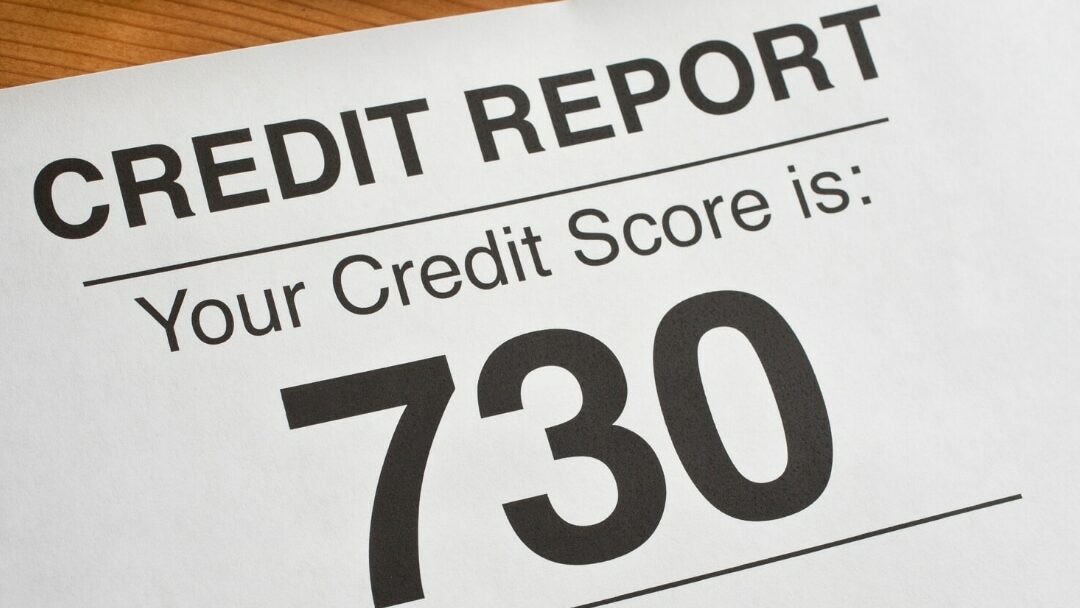
Credit Score Ranges
Everyone knows your credit score is essential to getting a new mortgage. Every mortgage lender you apply with will obtain your credit report and review your credit history.
Lenders have what’s called “credit score ranges” when it comes to approving a mortgage application. A credit score range in the mortgage industry is the grouping of credit scores into levels to determine risk. A group with lower credit scores is “riskier” than those with higher credit scores.
What impacts your credit score?
Before we get to those ranges, it’s important to point out what impacts your credit score. According to the credit bureau Experian, five main credit score factors.
Payment history. Payment history is the most important ingredient in credit scoring, and even one missed payment can have a negative impact on your score. Lenders want to be sure that you will pay back your debt, and on time, when they are considering you for new credit. Payment history accounts for 35% of your FICO® Score, the credit score used by most lenders.
Amounts owed. Your credit usage, particularly as represented by your credit utilization ratio, is the next most important factor in your credit scores. Your credit utilization ratio is calculated by dividing the total revolving credit you are currently using by the total of all your revolving credit limits. This ratio looks at how much of your available credit you’re utilizing and can give a snapshot of how reliant you are on non-cash funds. Using more than 30% of your available credit is a negative to creditors. Credit utilization accounts for 30% of your FICO® Score.
Credit history length. How long you’ve held credit accounts makes up 15% of your FICO® Score. This includes the age of your oldest credit account, the age of your newest credit account and the average age of all your accounts. Generally, the longer your credit history, the higher your credit scores.
Credit mix. People with top credit scores often carry a diverse portfolio of credit accounts, which might include a car loan, credit card, student loan, mortgage or other credit products. Credit scoring models consider the types of accounts and how many of each you have as an indication of how well you manage a wide range of credit products. Credit mix accounts for 10% of your FICO® Score.
New credit. The number of credit accounts you’ve recently opened, as well as the number of hard inquiries lenders make when you apply for credit, accounts for 10% of your FICO® Score. Too many accounts or inquiries can indicate increased risk, and as such can hurt your credit score.
Source: Experian
This general information is also found on other financial websites like credit karma. They also place Payment History at the top of the list.
Credit score ranges most mortgage lenders use
Here are the credit score ranges most mortgage lenders use when underwriting a loan application.
- 780+
- 760 – 779
- 740 – 759
- 739 – 720
- 719 – 700
- 699 – 680
- 679 – 660
- 659 – 640
- 639 – 620
- 619 or lower
The above ranges are for Conforming home loans (starting Spring 2023), Bank Statement Mortgages, and Jumbo home loans.
Understanding the credit score ranges
A 780 credit score (or higher) will put you in the best position to get the lowest rate possible, especially with a program like the Bank Statement Mortgage. A credit score at this level is “excellent credit.” 740 to 779 is an excellent range to be in, and before the Spring of 2023, this level was “excellent credit.”
By most underwriting standards, a credit score between 700 – 739 is considered “good” or “above average credit.” Homeowners in these two ranges will get rates higher than those with a 740 or higher credit score.
Things start to change when you fall below a 700 credit score. Mortgage rates and fees typically move higher. The 699 – 680 credit score range is “average credit,” and 679 – 640 is below-average credit.
When can a 700 score get the same rate as a 780 credit score?
There are instances where a 700 credit score is the same as a 780+ credit score (regarding a mortgage rate).
If you are doing a 30-year fixed-rate mortgage and have 40% equity and a 680 credit score, then you will still get the best rates offered to someone with a 780+ credit score (all other things being equal). And credit score ranges usually don’t apply to 15-year fixed-rate mortgages.
Another scenario where a person with a 680 credit score will get the same rate as someone with a 780 credit score is with an FHA home loan and a VA home loan.
Other items that impact your mortgage rate
Let’s say that you have a 780+ credit score. Does that mean you automatically get approved at the best mortgage rate possible? Unfortunately not.
Other things like payment history, number of accounts open, down payment (or equity), debt-to-income ratio, and more also go into getting a mortgage application approved.
Your credit score is just one part of the process (a big part).
Do You have a question or need a quote?
Contact KevinLow rates, fast closings, and exceptional service.
Ways to improve your credit score
If you are below the 740 credit score range, consider taking specific steps to improve your credit rating. Here are a few simple things you can do to improve your credit score range.
- Make all your payments on time.
- Pay off some of your debt BEFORE your bill cycles: Everyone will tell you to pay off your debt to improve your credit score, but they don’t tell you to make that payment BEFORE your bill cycles.
- If you have credit card balances above 50% of the credit limit, try to pay them down to below 50% of the credit limit before the bill cycles. And if you can get them below 35%, even better.
- If you pay down your debt before your bill cycles, that payment will reflect faster on your credit report.
- Be careful with the number of credit cards you apply for: Avoid applying for lots of credit cards. Once you have two to four credit cards, you should stop applying for new ones if you are trying to improve your credit.
- Avoid collection accounts: If you are on the verge of having an account go to collections, do everything you can to avoid that.
Having a good credit score is a great way to get a low mortgage rate. If you are thinking about applying for a mortgage, be sure to take the time to review your credit history and your credit score.

